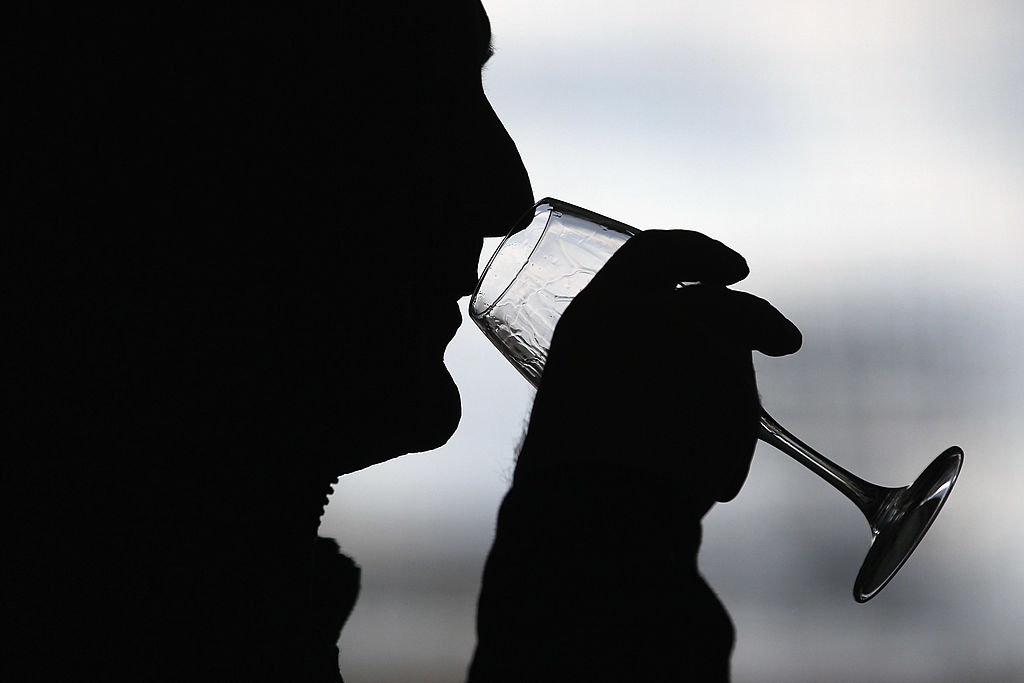Almost a year after the statistics were first published, the country remains horrified by the daily total of Covid 19-related deaths. Meanwhile, we are rather less apt to notice other statistics related to harm and death, which may be an unintended by-product of the fight against Covid-19.
The Office of National Statistics’ (ONS) latest figures for the number of deaths related to alcohol-specific causes, published yesterday, received little attention. But they make for dreadful reading. There were 5460 such deaths in the first three quarters of 2020, a shocking rise of 16.4 per cent compared with the same nine-month period in 2019. This grim tally marks the highest number of deaths in the 20 years since alcohol death statistics have been kept in this way.
The figures alone don’t provide any insight as to why alcohol-related deaths rose so sharply – say whether it be down to people drinking because they were depressed, or whether it was more because they were unable to access the emergency healthcare they needed. It may well be a mixture of several different factors.
It is likely that there may be more of this sort of thing to come. We have already had alarming figures for deaths from heart disease in private homes, which the ONS measured between last March and September at 8,300 male deaths – a 26 per cent rise on the five year average of 6,595. All this data will feed into the debate we will eventually have to have on how a pandemic should be handled in order to minimise deaths from all causes, not just the infectious disease itself.
There is a wider philosophical issue here: will Covid-19 cause a permanent shift in public attitudes towards state intervention in public health? Lockdowns have proved unexpectedly popular in polling. Fears in government that people would not accept severe restrictions on their lives, or not accept them for long, have proved largely unfounded. Again and again, polls have suggested that the public would like the government to impose tighter restrictions, and for longer, than the government has been minded to impose.
What does that mean, for example, for attitudes towards things like alcohol? Throughout the Covid crisis the government has treated alcohol as an essential good – unlike, say, South Africa which banned alcohol sales at one point. The alcohol death statistics will inevitably leave many people asking: was that the right decision, or should the government have stepped in to try to prevent alcohol deaths just as it did Covid deaths?
I am not arguing for greater state intervention in our lives – far from it – but merely wondering whether public attitudes towards public health will, as a result of Covid, move more towards an interventionist approach.
One of the biggest predictors of Covid deaths has been body weight – with a far greater risk of death among the obese. It is plausible that one of the reasons Britain has suffered such a high death rate in the pandemic is because of our high rate of obesity. It seems unlikely, after the pandemic, that things will be allowed simply to go back to how they were without greater government intervention in the shape of regulation on portion sizes, sugar taxes, fat taxes and the like. Indeed, the Prime Minister himself has indicated that obesity will be a greater priority in future, his own brush with death changing his previously libertarian stance.
Measures like lockdown will continue to come under scrutiny for the collateral damage they have caused to the nation’s health. But we should not assume that statistics like yesterday’s alcohol death figures will serve to make a case against lockdown. It is very likely instead that they may be used to argue for much greater state involvement in all aspects of our health.







Comments